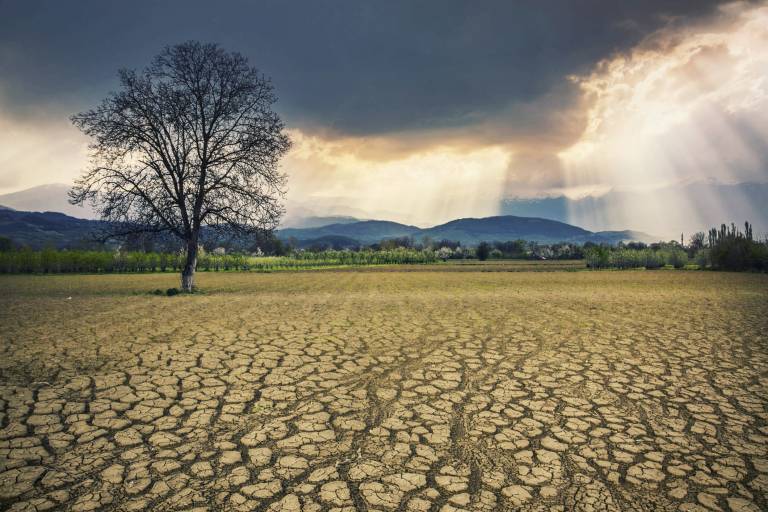Preparing future psychologists for the impact of the climate crisis
A new UCL module is equipping Psychology & Language Sciences (PALS) students with the knowledge and skills they will need in their future careers to engage with the threat posed by the climate crisis.

10 November 2022
“The climate crisis poses an existential threat to the natural environment and human societies alike,” argues Professor Kate Jeffery (UCL PALS), the module’s lead. “It is fundamentally a problem of human psychology and behaviour, with profound consequences for future wellbeing.
“Therefore it is an important topic for psychologists to engage with, and this course aims to equip students with the knowledge and skills with which to do this.”
Students on the Psychology of Climate Change module are taught about the causes and consequences of climate change. “We examine issues of human wellbeing and social justice, including comparing who is responsible for climate change with who suffers most from it or even benefits from it,” explains Professor Jeffery.
““The climate crisis is an important topic for psychologists to engage with, and this course aims to equip students with the knowledge and skills with which to do this.
The module also explores how people make sense of climate change cognitively and emotionally, including why some people deny facts about climate change, as well common emotional reactions, such as anxiety, grief and hopelessness, or resilience, campaigning and activism.
“We ask them to consider factors that enable or impede pro-environmental behaviours, as understanding these changes can improve the success of initiatives to change behaviour,” adds Professor Jeffery.
 Close
Close


